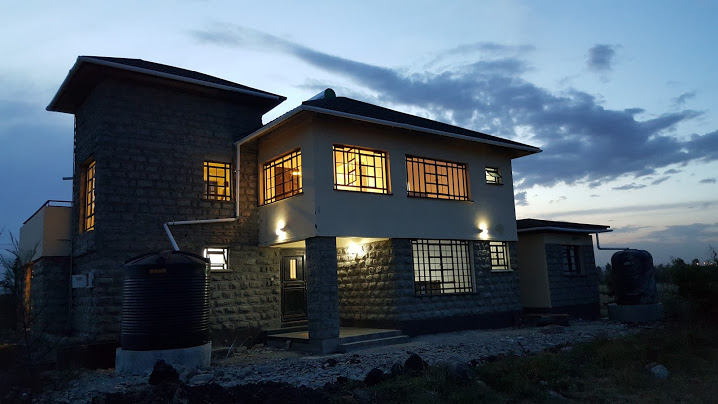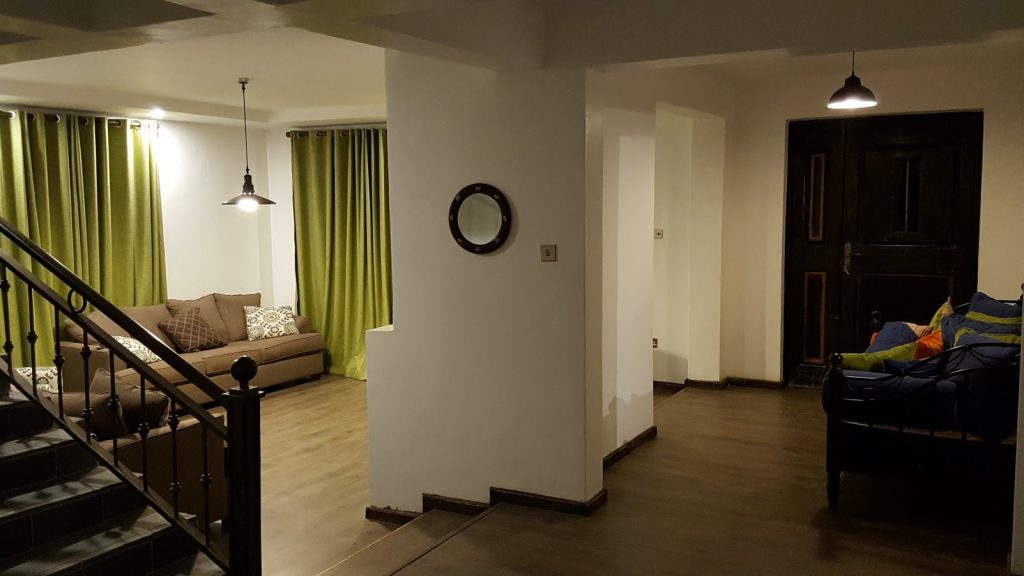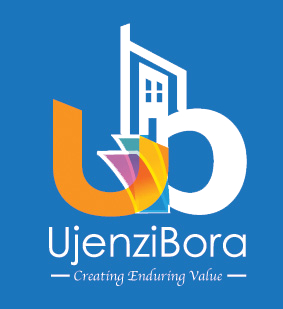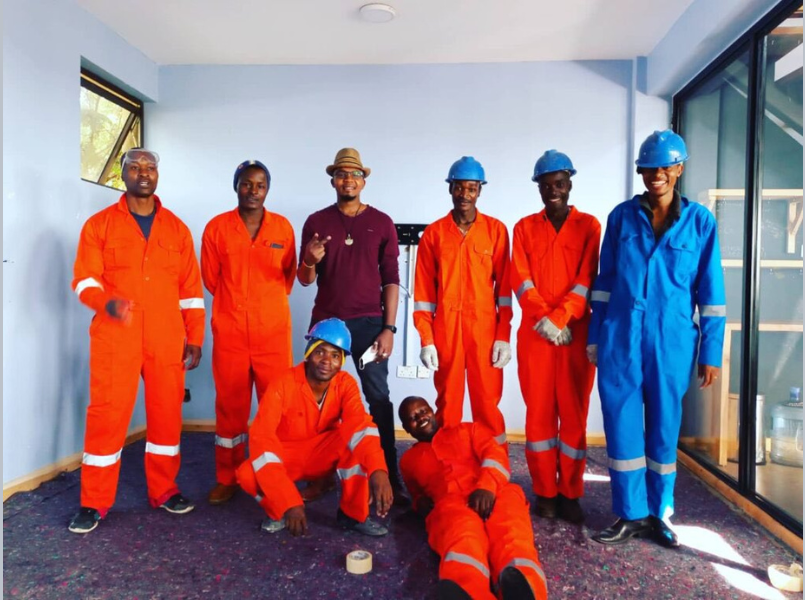5 Options to Building or Owning A House in Kenya
When it comes to building a house, the solutions are not as straight forward as one would presume. I have known this for a fact by the kind of questions i receive from attending to issues raised on this website.
Here is a pointer to 5 Options that private individuals have for owning a house:
1. Design and Build (Consortium): You can hire a team of consultants who will both design and build your house. They usually consist of an integrated service usually in a Joint Venture or Consortium including both the Design Team (Architect, Engineers, Planners, Quantity Surveyors) and the Construction Team (Contractor, Landscapers, and sub-contractors). At Ujenzibora, we apply this method as it affords the greatest savings in cost and time.
The Consultants jointly sign an agreement to deliver on the project goals. Each consultant may work independently or collaborate in one working space but the primary objective is to deliver on the Project Brief.



2. Tenant Purchase Scheme: This is where one pays a deposit usually to a state corporation or scheme that builds houses e.g. the National Housing Corporation(NHC) or National Cooperative Housing Union (NACHU) or a Private Developer. They enter a financial arrangement whereby the rent offsets the cost of owning the house.
3. Labour Contracting: In this case, the client has a strong knowledge of the construction industry and only employs the Building Contractor and Consultants to undertake the design and actual building of the house except the purchase of materials. The materials are procured directly by the Client. The contractor usually signs a Labour-Only contract calculated as a percentage of Total Cost for the building project.
4. Co-operative Housing Schemes: This is a slight variation of the tenant purchase scheme with the distinctive difference being the self-organizing of would-be home owners pulling their funds or labour together to undertake building projects.
5. Direct Purchase: This are houses bought off-plan before, during or after their construction directly from the property market e.g. in a Gated Community.
Qs. Nahinga David


